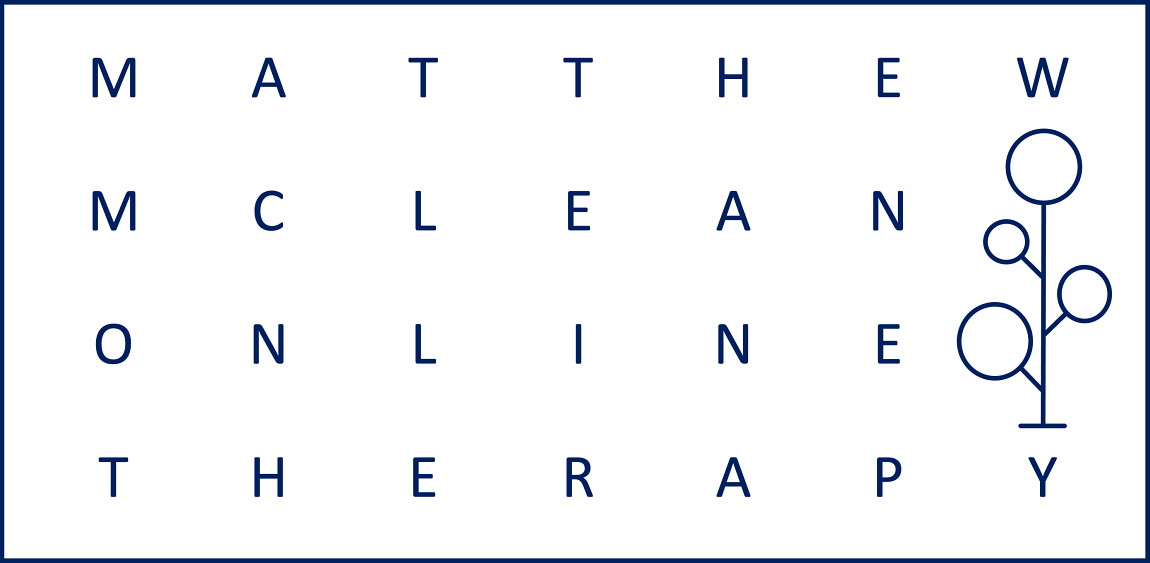Clearly Defined Expectations
Improving Communication
This is one of the most common themes I encounter in my work with clients. Mastering this simple strategy will make a significant difference in your relationships, career, and throughout your life. Clearly communicating the desired outcome to everyone involved (including yourself) will greatly improve your chances of success in all scenarios. This post explains how to do it - and it is surprisingly simple.
Clearly defining and communicating your expectations has other important benefits: it prevents you from wasting people’s time and can help avoid disappointment. Clearly identifying expected outcome criteria before embarking on any task is also the only way to measure whether you hit the target or if you missed and by how much.
Defining
The first step is defining the desired outcome. Figure out what you want to accomplish before you attempt to communicate your goals/wants/needs. It is essential that you not skip this step, as it provides clarity for you about what you want to communicate.
Having a clearly defined goal on your end will help you make informed decisions about whether your expectations are realistic. Consider available resources: people, materials, time, money, and available bandwidth. Having a clear idea of what you want the outcome to be and how you want to achieve it will guide you as you communicate your expectations to others. A good analogy might be the difference between whipping up dinner from whatever you find in the fridge and following a well-thought-out recipe.
Assumptions
When assumptions are made about what is expected, things might not turn out the way you imagined they would. The following is a simple scenario in which assumptions can lead to undesirable outcomes. This example involves a couple. While getting ready for work in the morning, partner A informs partner B they may be home later than usual from the office. Partner B is just grabbing their keys on the way out the door and says, “Okay, have a good day honey!”, closing the door behind them.
Thinking a nice way to make up for being late would be to bring home takeout from B’s favorite Chinese restaurant, A phones in the dinner order and swings by the restaurant on the way home. Imagine their surprise when they discover B has made A’s favorite meal, and it is warming in the oven, waiting for A to arrive so they can enjoy it together.
If only one of them had communicated their intentions to the other! Suppose A had said, “I am going to be late coming home tonight, but only an hour or so. I’ll pick up something up on the way home for dinner, if you like.” B could have replied that was fine, or that B was planning on making dinner and would time it for when A arrives home. Clearly defining expectations (who is handling dinner and when) makes a world of difference here.
This simple example has relatively low stakes. What if the stakes were higher? Easy to picture: “What do you mean you didn’t pay the rent? You paid it last month and the month before, so I assumed you would pay it this month too.” Or how about this one: whispered in the kitchen, moments after the in-laws arrive from the airport: “I thought we agreed that your parents were staying in a hotel this year because there was just not enough room last time?” Better yet: “What do you mean you thought I was picking up Zoe from school?! You’d better get over there right now!” Oops. Clearly, assumptions can wreak havoc.
Broad Applications
This also applies at work. When your boss says, “I need this poster completed by the end of the day”, you know exactly when it is due. But what if they did not tell you what size they were expecting the poster to be? You have done a great job on it, and you proudly present your boss with a gorgeous poster, only to see the disappointment on their face as they tell you they wanted it to be twice that size. They never communicated this expectation to you, and you did not ask, instead assuming they meant “normal” poster-size. You were shooting in the dark. Your chances of hitting that target were greatly reduced because there was information you did not have. The expectations for the finished poster were not clearly communicated.
Easier than it sounds
So how exactly do you do this? Why does this sound so complicated? It is actually easy to do as long as you remember one simple thing: never assume anything, ever. Do not assume your dinner plans are worked out - talk about them and decide together. Do not assume how large that poster should be - ask your boss. Make sure the rent gets paid by discussing who will pay it - before it is due. And so on.
Determine what you want, and make sure the expectations are clearly defined and communicated. Ask if the other party has any questions, and let them know if they think of any they are welcome to come back to you and ask. If someone else is asking something of you, make sure you ask for clarification if needed, and do not be afraid of asking follow-up questions later to make sure you are on the right path.
This is easy to accomplish if you remember to never assume anything. Ever. I think of this as communication axiom #1.
Following up later is often appreciated by others. Ask questions yourself if needed, and ask others if more information or clarification would be helpful. Communication axiom #2: If you don’t ask, you don’t know.
If you have questions or need help implementing this principal, feel free to reach out to me via the contact info here to set up a free initial consultation to discuss your needs in this area.
Be well,
-Matt
Matthew McLean is a LMFT in Los Angeles California, where he works with individual adults on issues related to self-esteem, self-confidence, anxiety, depression, stress management, fulfillment, and personal growth in his therapy practice. He sees clients throughout the state of California online via Telehealth. He may be contacted here.


